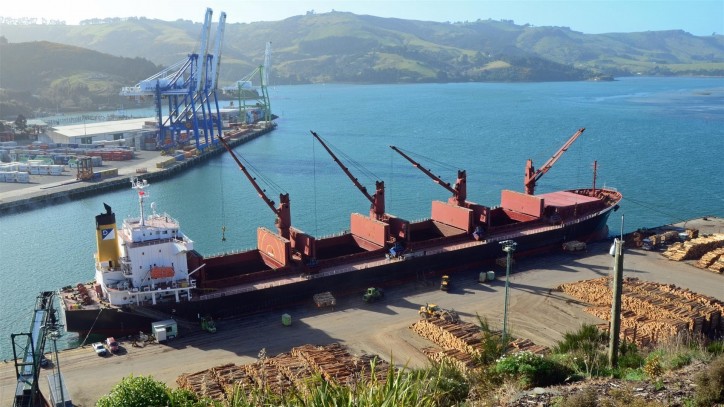The dry bulk shipping industry may not emerge from a protracted downturn for another two years and some smaller firms will be squeezed out, the chairman of France's Louis Dreyfus Armateurs said on Tuesday.
The dry bulk sector that transports commodities like coal and iron ore has suffered from oversupply of vessels and faltering global industrial demand, pushing freight rates to a record low this year.
Some ship operators had taken heart from signs of a pick-up this year in the Chinese steel sector, but the dry bulk industry needs to be prudent given the overcapacity to be cleared, Philippe Louis-Dreyfus said.
"I don't see the end of the tunnel for another 18 months to two years," he said on the sidelines of a shipping conference. "It worries me that some ship owners are saying things are picking up again."

Ship supply had levelled off but the industry still had to absorb capacity partly resulting from speculative orders by investors betting on a market rebound, he said.
An industry-wide move to scrap dry bulk vessels that are more than 20 years old would help rebalance the market while reducing environmental and safety risks, but this view has met with opposition from some ship owners, Louis-Dreyfus said.
The prolonged downturn has already caused some casualties, with Norwegian firm Bulk Invest filing for bankruptcy in March and Greece's DryShips last week expressing doubts about its ability to stay in business.
Dry bulk shipping was heading for a consolidation period in which mid-sized, family firms like his may struggle to compete alongside giant commodity transporters, Louis-Dreyfus said.
His firm had held up in the crisis thanks to its diversification into logistics and marine services, including dedicated vessels for industrial clients like Alcatel and Airbus, he said.
These activities offset losses in dry bulk and allowed it to post a group profit last year, he said. The company does not publish financial results.
The group remained committed to dry bulk, in which it has about 30 vessels, and expected its use of partnerships in countries like Indonesia to allow it to compete in a consolidating industry, he said.
Philippe Louis-Dreyfus took control of the firm a decade ago by acquiring what was formerly the shipping division of global commodities group Louis Dreyfus.
Source: Reuters